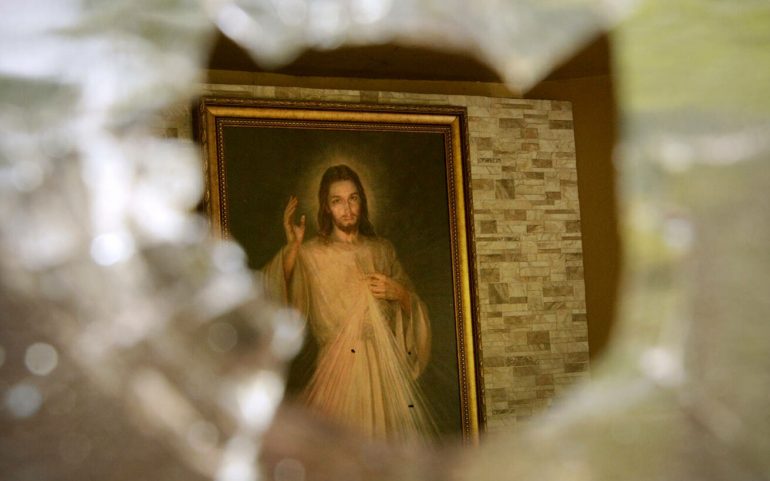Have you ever heard the story of a battle with magicians that took place when one of the first churches was being built?
Or about the time when a border guard defied Herod himself and saved his life Christ;
Probably not, because such incidents are not included in the official canon of the Orthodox Church.
These are occult texts, cut by New Testament, as they did not follow the official teaching that defines and regulates the Christian faith.
Occult Christian literature, however, despite its condemnations, has often fueled popular piety and ecclesiastical art, and some of the things written there have survived in the Christian tradition (such as scenes from the First Gospel of James).
Such a series of occult texts were recently translated into English and published in a book for the first time ever.
The publication of occult texts is always hailed as a major publishing event, as it rarely has the opportunity for the general public to come in contact with ancient texts that, whatever their nature, convey the spirit and customs of another era.
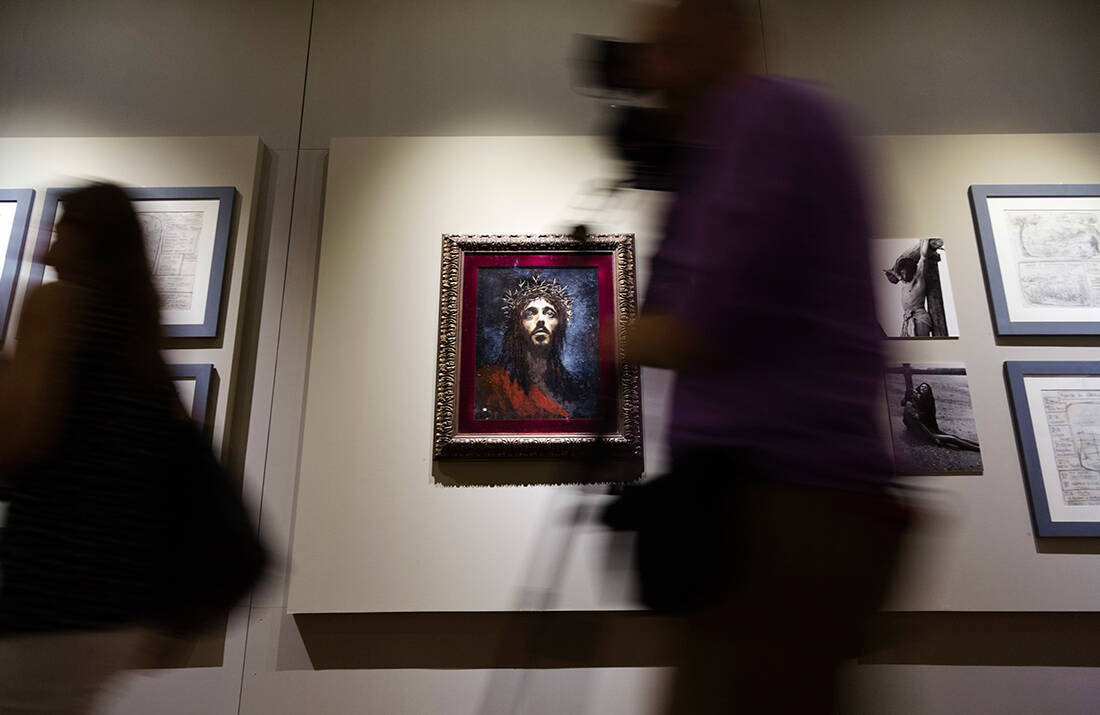
Theologians now know that more than 300 such occult texts (gospels, deeds, letters, and revelations) have survived to the present day.
Some of them went as far as Tony Burke, a professor of early Christian studies at York University in Toronto, published as the second volume of the New Testament Apocrypha in the summer of 2020.
Here he presents us in English 29 stories from an equal number of occult texts. "The occult texts were an integral part of the spiritual lives of Christians long after the apparent closure of the Canon," he said. "Voices to avoid or even destroy such literature were not always effective."
By the time the ecclesiastical secretariat decided which texts conveyed the truth and which were false, occult, controversial, legible, secondary or abnormal, we had reached the end of the 4th century AD.
It was then that the patriarchal texts that constitute the Canon of the Christian faith and have reached us were essentially defined. as the New Testament. Many of the rest, however, continued to occupy the faithful and to circulate widely throughout Christianity.
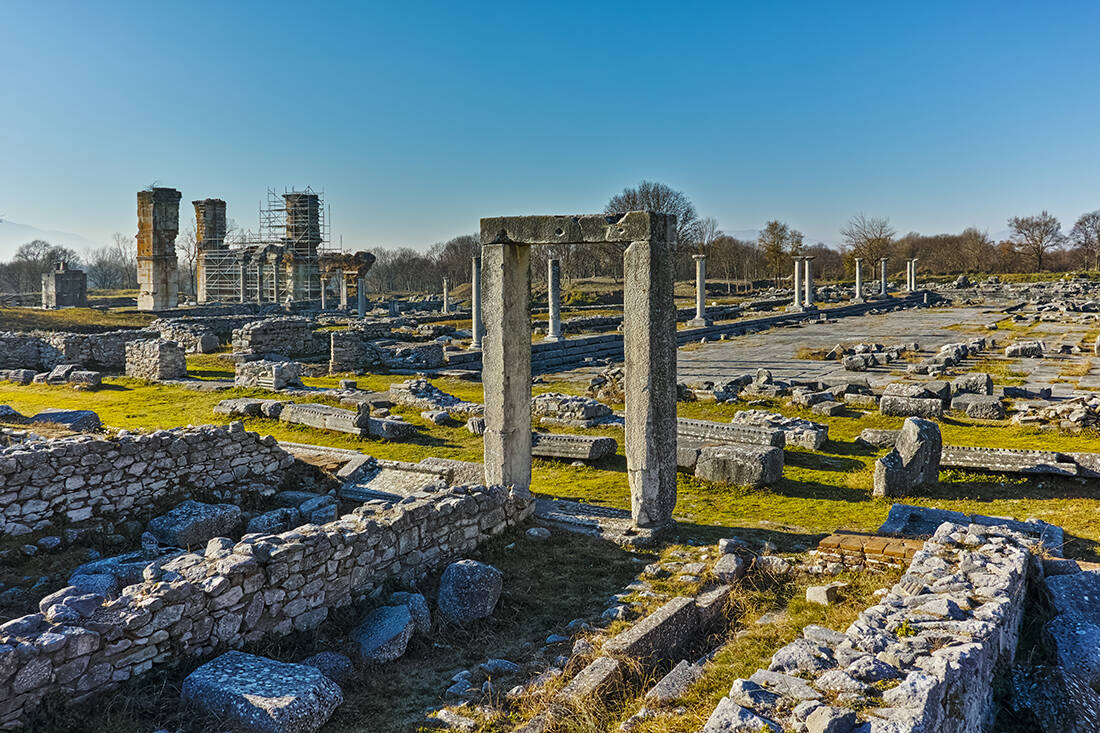
One of the incidents of the occult texts that reached the publication speaks of a battle that took place against "devilish magicians", who were trying to destroy an early Christian church for the Virgin Mary that was being built in Philippi of Eastern Macedonia.
We know that in Philippi he founded in 49-50 AD. the Apostle Paul the first Christian church on European soil and it is not excluded that the text refers to it. The occult passage is written in Coptic, a late Egyptian language that borrows a modified version of the Greek alphabet.
Paul Dilley, a professor of religious studies at the University of Iowa, who also did the English translation, dates his writing to 1.500 years ago. The story is based on two texts, both found in the Coptic Monastery of St. Makarios in Egypt, 92 kilometers northwest of Cairo.
In those years, the academic tells us, most of the population of the Mediterranean had converted to Christianity, but polytheistic beliefs still coexisted.
"There was a tendency to portray the remnants of polytheism with 'magicians' who posed threats to the Christian community, sometimes openly, sometimes secretly," Dilley said in a recent interview.
In the text, then, the Virgin Mary appears in his dream Great Kingdom (329-379 AD), bishop of Caesarea, and tells him to find a hand-painted image of her. In the Christian tradition, images that have not been made by human hands are untouched.
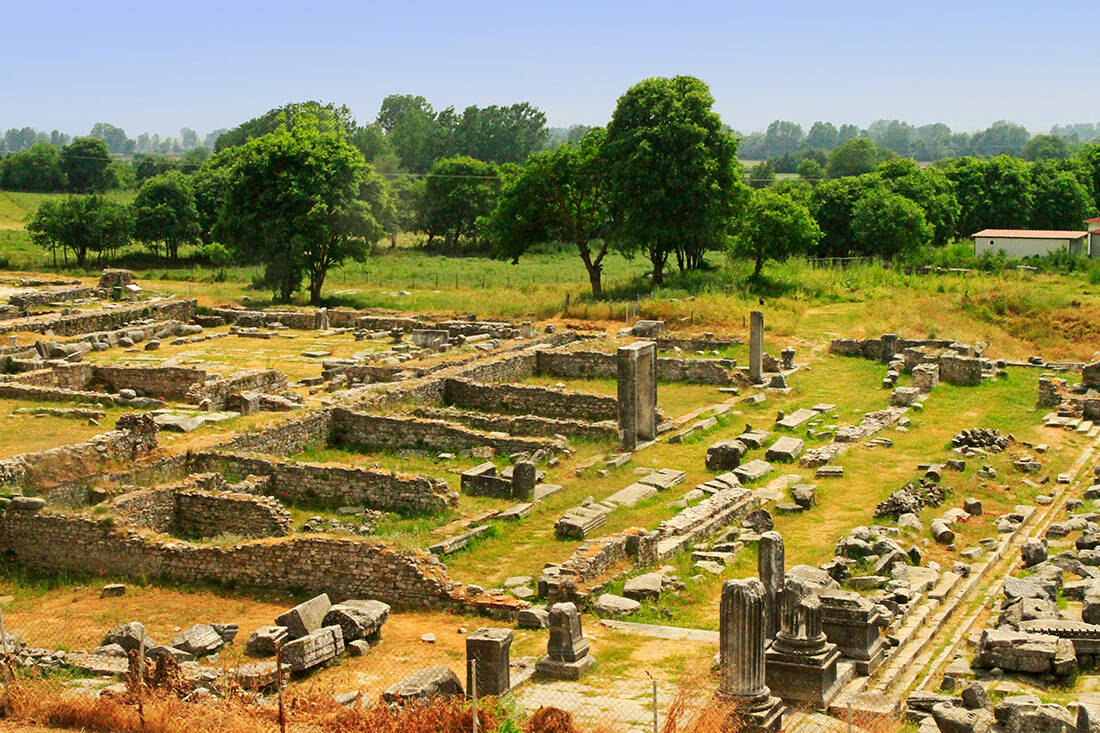
After finding it, place it at a specific point, at the top of two huge columns, which he will find in a temple outside Philippi.
"These two columns have been made since the time of the giants. Demonic forms protect them. "It is not possible for anyone to download them, except someone who has joined the order of my beloved son", says the Virgin Mary in the occult text.
When St. Basil arrives with his entourage at the temple, he meets a group of magicians who know from demonic magic. The magicians, insane and in obvious turmoil, as the text emphasizes, "cause some great devilish illusions."
The Father of the Church, however, manages to get an object that was placed in an "image of him Holy CrossAnd puts it on the two columns, as the Virgin Mary had told him in the dream.
"I placed it on the two columns and immediately a big disaster happened under the columns. "Suddenly they jumped from their bases and fell, reaching the place where the city stadium was located", says the Great King in the text. The magicians, however, have not surrendered their weapons.
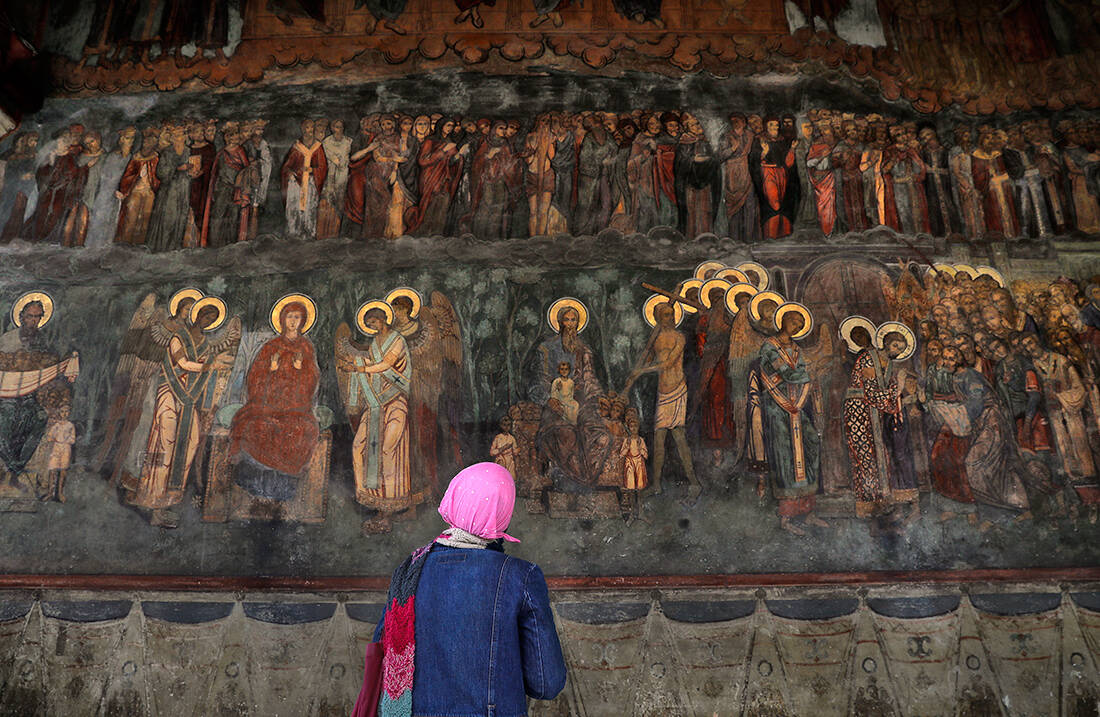
A battle with spells and magic took place between the two groups and the thing reached a dead end when night fell. Then Basil expelled his companions and fell down to rest.
In his sleep the Virgin Mary and promised him that the magicians would be defeated. "Those who committed this vicious act of ungodly magic, beware, are blind, predators," she told him.
When St. Basil woke up later, he saw water gushing from the columns and the stream that had been created had miraculous properties, healing the sick. As for the magicians, "immediately the earth opened its mouth and swallowed them", the text gives us.
The bishop Caesarea he saw that a hand-painted icon of the Virgin Mary had been placed at the top of the columns by the Virgin Mary herself.
Two copies of these occult texts are preserved, the first in the Vatican Apostolic Library and the second in the Library of the University of Leipzig.
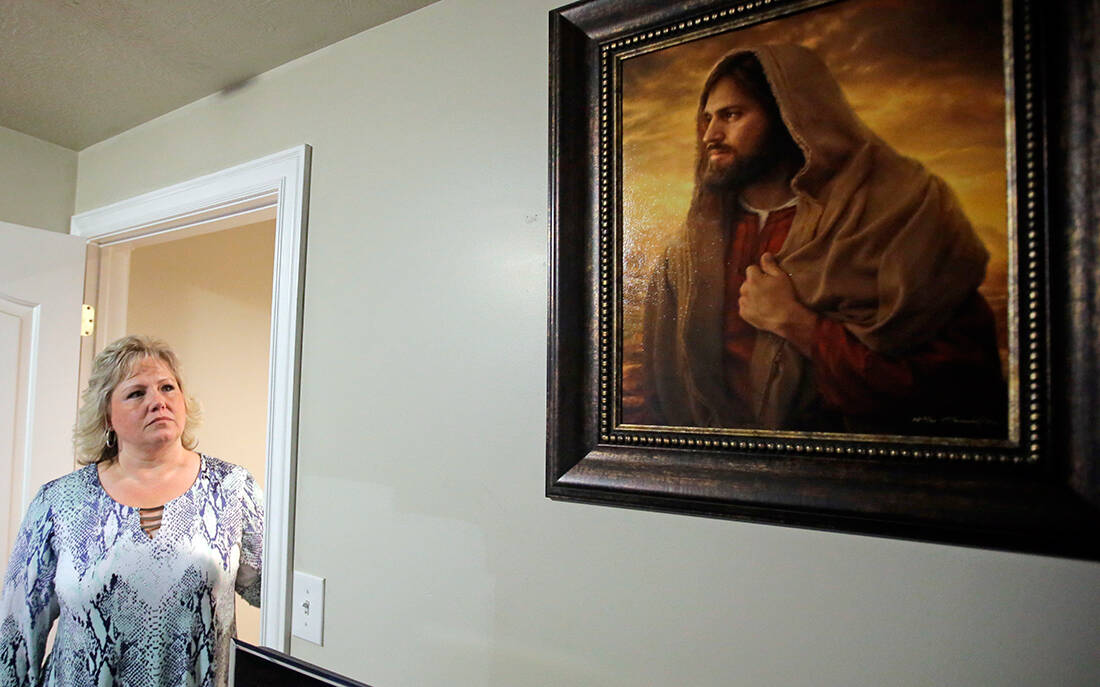
This occult text is written in Latin and dates back to the 12th-13th century, according to Mark Bilby, a translator of the passage into English and a professor of religious studies at California State University.
Bilby tells us how to Middle Ages There were many stories about the criminals who were crucified next to the Godman. "I find the plot here completely fantastic, as a myth built on the basis of at least 10 different and older myths."
He also believes that, like the corresponding stories that circulated widely in the Middle Ages, it was intended "to convey a silent call to young people to leave their families, take part in the Crusades and become friends of Jesus in and around the Holy Land."
The occult text begins with the story of the New Testament, that Herod the Great was trying to kill Jesus and ordered his soldiers to slaughter all the little boys of Bethlehem, worried that he would take his throne.
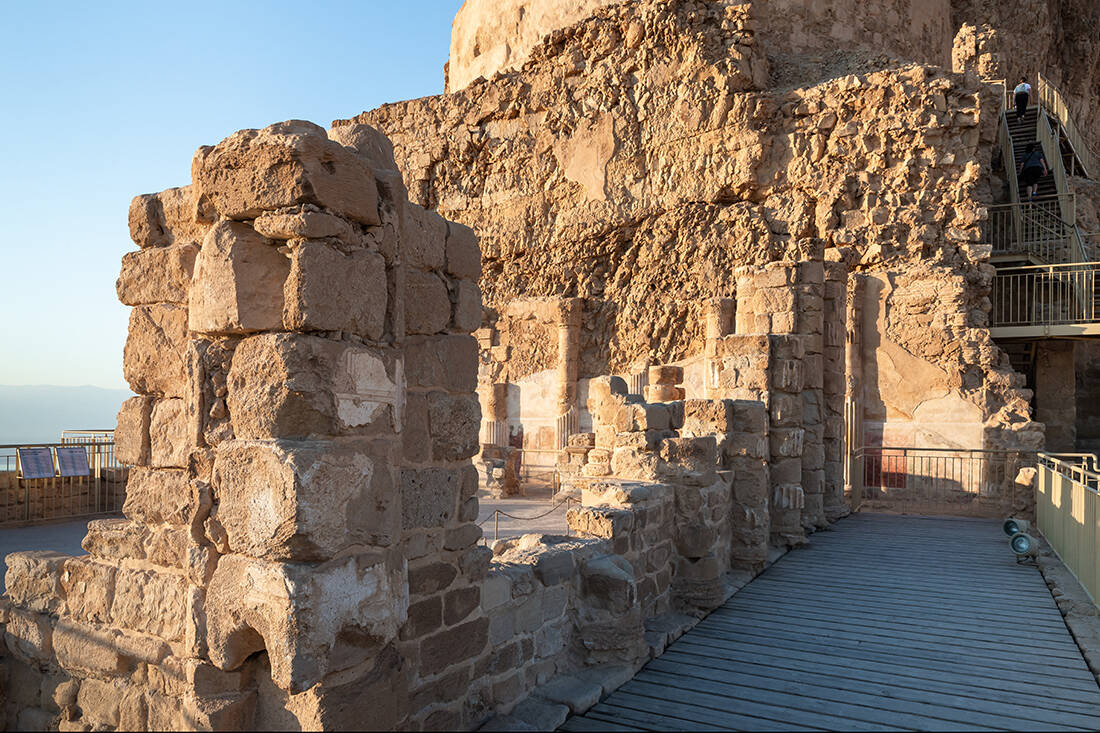
The text, however, differs from the Canon, conveying a different story about the West, the robber who was crucified next to Jesus and we know only from the occult gospels and not from the official body of the patriarchal texts.
So here Dysmas and his father are his border guards Herod in charge of guarding the borders of Judea and Egypt lest the divine infant escape. The father patrols and at some point tells his son to pay special attention to families crossing the border.
Immediately after, Saint Joseph and the Virgin Mary arrive at the border, holding the divine infant in their arms. Dysmas approaches the family and asks about Jesus.
Maria is worried that the border guard will grab the child, but Joseph convinces him that the runaway family of a carpenter from Nazareth is not a danger to King Herod.
"It is fitting that all of you are lurking for the sons of rich men in the area who may later envy his supremacy. "But when you see people mired in misery, you should not approach them with such words," the stepfather of Christ tells him.
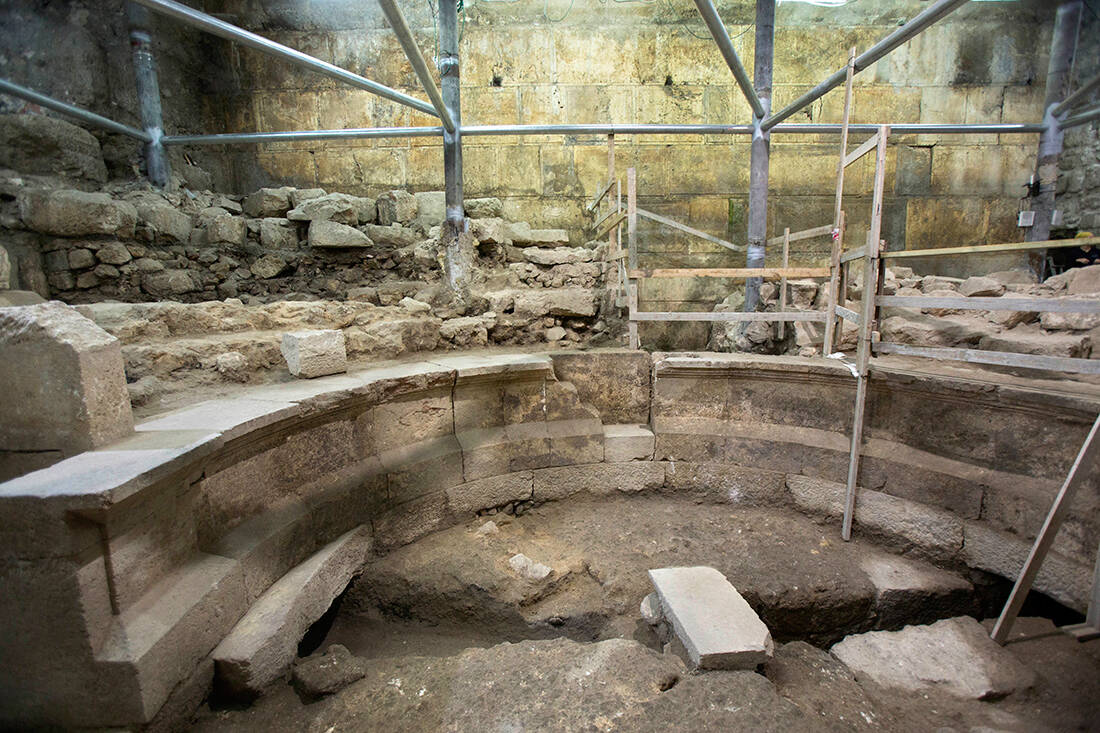
Dysmas not only allowed them to pass through the security of Egypt, but also gave them food for the road. When he found out, of course, his father was outraged. "What am I going to do now?", He monologued, "I am bound by vows, I can not lie. "If he [Herod] judges me for treason, he will kill me in the place of the boys."
Herod finally apologizes to Dysmas, who confesses to him that he let the holy family escape. His father dismisses him, and so he turns to the life of illegality.
Some 30 years later, when the governor of Judea was the Pontius Pilate, Dysmas will be arrested and crucified next to Jesus, the text confirms.
The occult excerpt is kept in the library of the Grand Séminaire in Namur, Belgium)
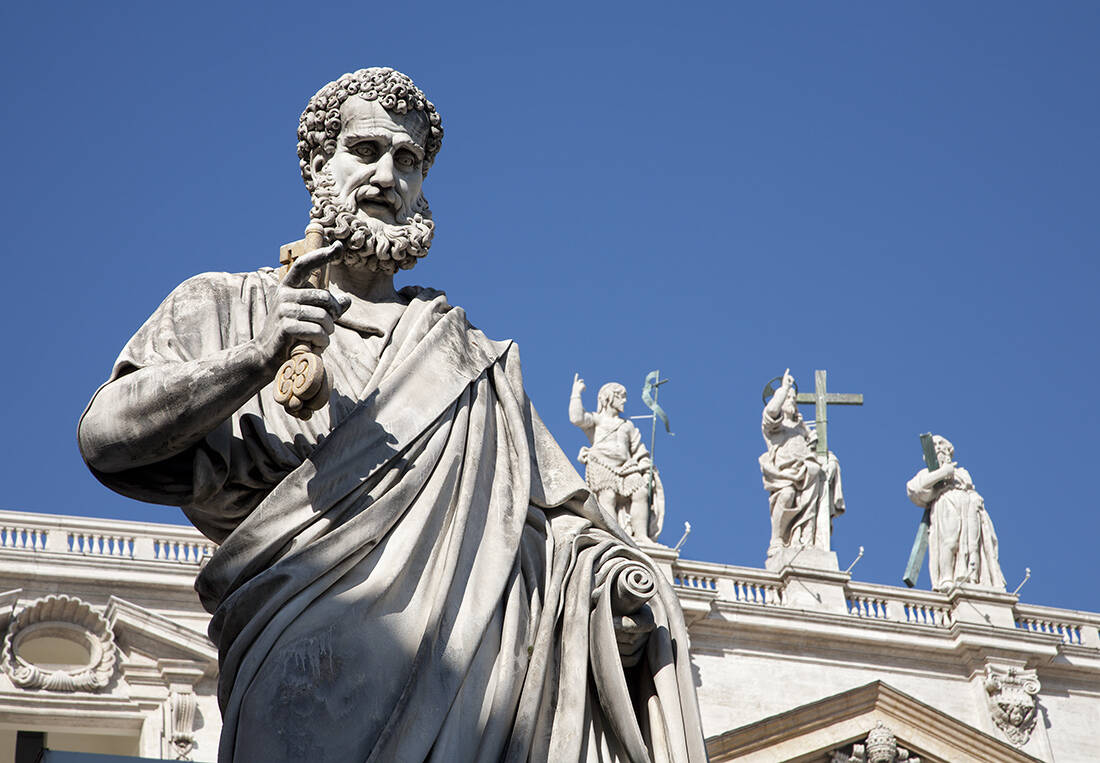
Another occult text, this time written in Greek, reached the English version and tells us about that time when Apostle Peter trapped 7 demons disguised as angels in the Nitrogen of Judea (Ashdod in present-day Israel).
The text comes from the 11th-12th century, the story it tells is much older, even 1.600 years ago.
"The narrative echoes the 4th and 5th century speculations about sin, but its loose form and lack of uniform structure seem to represent the early stages of this development," writes Cambry Parde, professor of theology at Pepperdine University in London. , who did the translation.
The author of the text "writes a work of literature, evaluating the adventures of the great hero of Christianity, Peter", the academic tells us, emphasizing that "many Christians who would come in contact with this legend, either in writing or orally, would take him for a true chronicle, a lost story from the life of Peter ".
Saint Peter therefore appears in the text suspicious of the angels he met and draws a circle around them, trapping them. And then he exclaims: “Lord Jesus Christ, let your glory be revealed through the Holy Spirit. Are they, as they say, angels of your holiness or spirits who hate what is good?
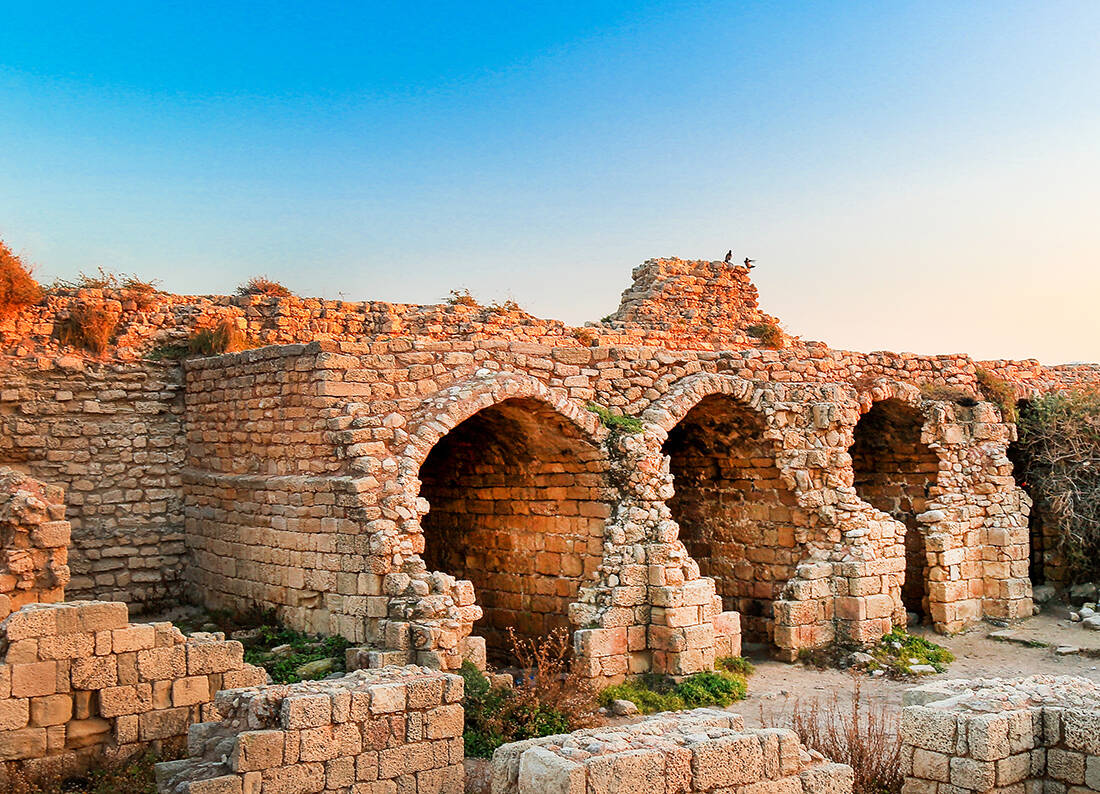
And then six of the angels admit that they are demons. One of deception, one of sexual immorality, one of lying, one of adultery, one of greed and one of slander.
The seventh, however, asks Peter for the floor, asking him why demons are in such a worse position than humans. The sins of men are forgiven by Jesus, while the sins of demons are never barred.
"You have the bias of Jesus. For whatever reason he punishes us, he gives it to you when you repent. And so, since he leads a prostitute and a tax collector and a denier and a blasphemer and a slanderer to his kingdom, then he should gather all of us near him! "
Ο demon he also says that people should stop blaming the demons for their mistakes. "I, the demon, am not the one who bothers them, they fall down on their own."
And he continues: "Because I have become weak and I am without strength. And so I no longer have a place or an arrow where I go, people have become Christians. So let them be masters of themselves and stop blaming us. " Peter let them go.
The original text is in the Biblioteca Angelica of Rome…
